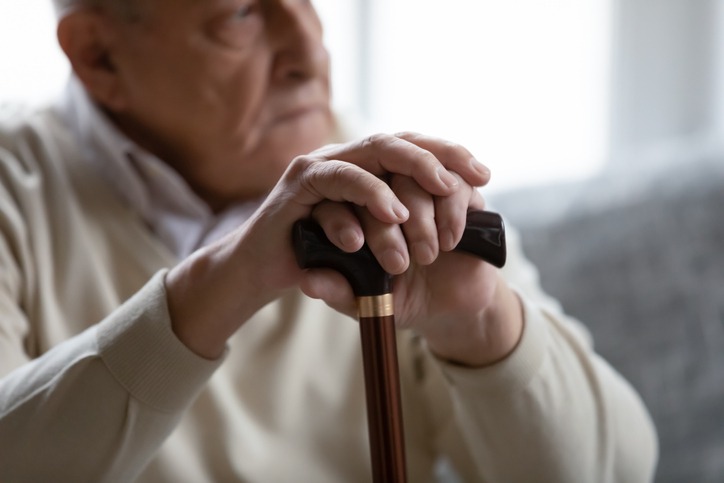If you are of a “certain age” (let’s call it middle age) you may be caregiving for your parents and if so, you are in good company. The percentage of the population providing such care is growing, and frankly, I’m not surprised. You probably aren’t either. As people live longer the responsibility for their care in their later years is falling to their children with greater frequency. Some of these children are even retired themselves and may not be prepared for this responsibility. I found this article in FEDWeek, published December 15, 2021. None of us know what the future holds, which is why having an estate plan for yourself and encouraging your parents to have one too, if they don’t already, is so important. It gets you to think about all the possible scenarios, and plan accordingly, for example investing in long-term care insurance. If you are in a caregiving situation now or may be in the future, read on.
The article, Heaviest Burden of Caregiving Falls on Late-Career Employees, Report Finds, says …
Uncompensated caregiving responsibilities are continuing to grow and are most heavily falling on people in their late-career to early retirement years, often to the detriment of their careers and finances for retirement, says a report.
A study by the National Alliance for Caregiving, in partnership with AARP, found that 21.3 percent of the population is providing such care, with 2 percent providing care only to child recipients, 15.6 percent to only adult recipients, and 3.6 percent to both.
The 19.2 percent providing all or part of their care to an adult has risen from 16.6 percent in 2015, it added, due to factors including the “increasingly aging Baby Boomer population requiring more care” and shortages of workers in home health care and assisted living jobs. Also since then, the share of caregivers providing assistance to more than one person has risen from 18 to 24 percent, and the share who have been providing care for five years or more has risen from 24 to 29 percent.
The average age for someone providing caregiving is 49, with the 35 percent falling in the 50-64 age group, the largest percentage among the five 15-year age segments used. Women account for 61 percent of caregivers.
Other findings include that 18 percent of caregivers said they experience “high” financial strain as a result of caregiving and 45 percent have experienced at least one definite impact such as stopping saving or taking on debt, “both of which could have longer-term repercussions on caregivers’ financial security into the future, especially if the caregiving situation lasts a long time.”
“In fact, caregivers’ savings are eroding, with 22 percent who used up personal short-term savings and 12 percent who used up long-term savings (for things like retirement or education). Two in 10 have left bills unpaid or paid them late (19 percent), while another 15 percent borrowed money from family or friends. One in 10 have been unable to afford basic expenses like food (11 percent),” it said.
It added: “Six in 10 caregivers report working while caregiving (61 percent) and the majority have experienced at least one work-related impact (61 percent). As in 2015, most working caregivers report going in late, leaving early, or taking time off to accommodate care (53 percent). One in 10 working caregivers has had to give up work entirely or retire early (10 percent).”
Remember: “An ounce of prevention is worth a pound of cure.” When making your estate plans or when probating an estate or administering a trust, do not go it alone. Be sure to engage a Cincinnati estate planning attorney.
For more information about estate planning, probate, or trust administration in Cincinnati (and throughout the rest of Southwest Ohio) and to review free resources regarding estate planning, probate, or trust administration, visit my website. If you have questions regarding this article or a particular legal matter, feel free to contact me at 513-399-PLAN (7526). David H. Lefton is an Estate Planning and Probate Attorney. He is a partner in the law firm of Barron, Peck, Bennie & Schlemmer.



